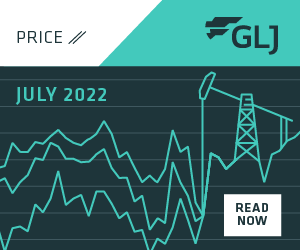
ESG: Myths and Realities
Environmental, social and governance investing—ESG investing for short—is the latest movement by activists to compel businesses and persuade investors to pursue larger social goals, including environmental initiatives, by mandating more extensive disclosure of environmental, social and governance practices of public companies.
But a new essay series by the Fraser Institute—ESG: Myths and Realities—highlights the misunderstandings and simplifications of this call for increased financial disclosure regulations.
The first essay, “The New Capitalism,” identifies the various arguments made in favour of ESG investing, including mandatory ESG disclosures by public companies. According to ESG advocates, the justification for expansive and mandatory ESG disclosure regulations is that they will contribute to investors being better informed about the ESG practices of public companies (their carbon usage, for example) with the goal of more investment capital flowing to ESG-intensive companies and less flowing to companies lagging behind in their ESG initiatives.
But calls to mandate companies to pursue goals other than maximizing returns to shareholders shows a fundamental misunderstanding of how market economies work. Specifically, firms pursuing profits already have to consider their communities, employees, suppliers, customers, and anyone connected with the business.
The second essay, “Friedman and His ESG Critics,” revisits Nobel laureate Milton Friedman’s iconic 1970 article in the New York Times, which argued that the sole responsibility of business is to increase profits, and that it is misguided to expect managers of businesses to try to achieve broad public policy objectives. For Friedman, when firms focus on achieving higher profits, other stakeholders, like consumers, employees and suppliers also benefit. When managers of firms focus on larger societal goals instead of profits—such as what is proposed in ESG investing—it result in fewer benefits for consumers and other stakeholders who would have otherwise benefited from the higher profits.
Future essays in the series will explore core questions and misunderstandings related to the ESG movement including how it undermines the fiduciary responsibilities of corporate directors; whether investors actually earn higher returns from ESG investing; and how market economies already achieve many of the things to which ESG advocates aspire, among other topics.
Author:








